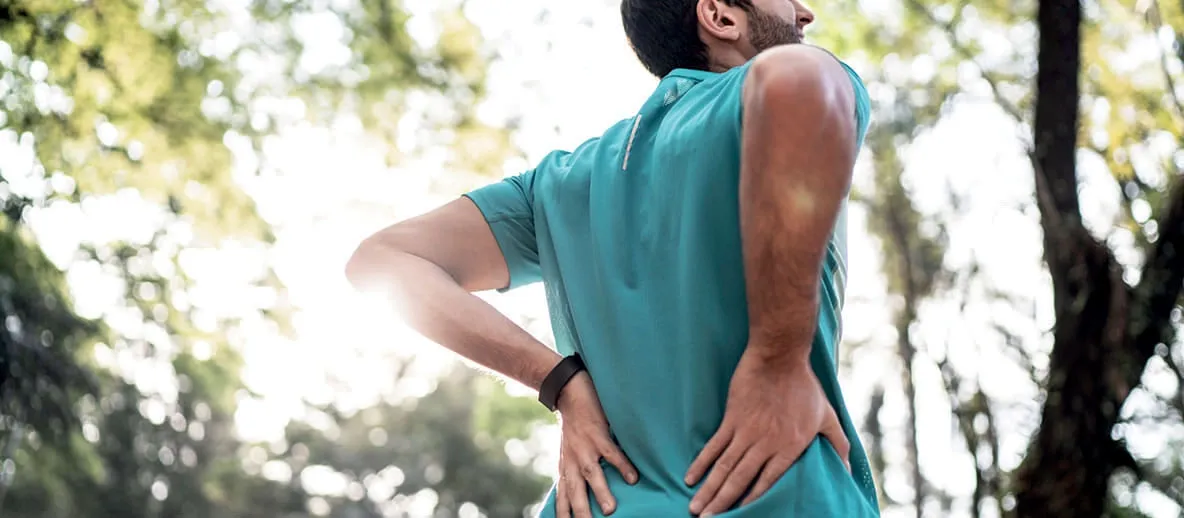- For Providers
- For Brokers
Individuals & Families
- Global Individual Health
- Spanish Domestic Individuals
Employers
- SME Employer Health
- Large Corporation Health
- Spanish Domestic Employers
IGO/NGO
- IGO/NGO Health
Individuals & Families
Top Destinations We Cover
Expat Health Insurance
- Inside Expat Health Hub
- Retiree guide to International health Insurance
- A guide to International health Insurance for working abroad
- Expat Health Insurance Explained
- Student guide to International health Insurance
- Moving abroad while pregnant
Choosing Health Insurance
- Travel Insurance vs International Health Insurance
- Choosing Health Insurance
Country Guides
- Country Guides
FAQ
- Frequently Asked Questions
Employers
Global Health Benefits Europe
- Employers Health Plans
- Cigna Inspire Plan
2 - 149 Employees
- International Health Plans
Large Corporates
- Corporate Health Plans
Global Health Benefits North America
- Employers
- OCONUS
- Students and Faculty
- Government
Clinical
Member resources
- Useful Documents & Information
- U.S Prescription Drug List
Client
- Employer Log In
IGO/NGO & Government
Government Officials
- Government Officials
Client
- Employer Log In
Topics
Individuals & Families
-
Types of Cover
-
Where We Cover
-
Resources
- Inside Expat Health Hub
- Retiree guide to International health Insurance
- A guide to International health Insurance for working abroad
- Expat Health Insurance Explained
- Student guide to International health Insurance
- Moving abroad while pregnant
- Travel Insurance vs International Health Insurance
- Choosing Health Insurance
- Country Guides
- Frequently Asked Questions
-
For Members
Employers
-
Our Plans
-
Clinical
-
For Members
IGO/NGO & Government
Health Blog
For Brokers
Musculoskeletal awareness
Musculoskeletal awareness
Musculoskeletal discomfort is something that most people everyone will experience at some point in their lives. This blog covers what the musculoskeletal system is, what musculoskeletal pain symptoms can look like, and how to alleviate symptoms of musculoskeletal disorder in the workplace.
Musculoskeletal conditions, which typically lead to pain and decreased mobility, can be caused by a number of factors including normal age-related degenerative changes, poor fitness,
Did you know?
- Musculoskeletal conditions are the main cause of disability worldwide1
- Lower back pain is the single leading cause of disability globally1
- Between 20 and 33% of all people live with a musculoskeletal condition1
- Musculoskeletal conditions affect people of all ages, including children1
What is musculoskeletal disorder?
Musculoskeletal conditions are any injury, damage, or disorder of the joints or other tissues in the limbs or back.[2] The risk of developing some of these conditions can be significantly minimized and many of them can be treated or managed when detected early.1,2
Preventing musculoskeletal disease involves taking the same measures as for many other non-communicable diseases. These include an active lifestyle, maintaining a healthy weight, following a healthy diet, and limiting alcohol and tobacco consumption.1,[3]
Here are some specific guidelines you can follow to prevent musculoskeletal problems in the workplace[4]:
- Adjust your workstation and your chair to ensure that your posture is suitable for your tasks. That way you don’t strain your neck, back, or legs.
- Avoid being static for prolonged periods of time. Make sure you take regular breaks and stretch your arms, legs, neck, and back.
- If you are required to handle weights or to make repetitive movements for your job, consult a safety manual and use safe handling techniques to avoid injuries from joint overuse or improper weight handling.
Treatment for musculoskeletal conditions can be through primary care and non-surgical treatments such as exercise plans, weight management, and medication. More serious cases and conditions may require specialist care or surgery.1
Related articles
@Cigna 2025
This article serves only as a reference and is intended for informational purposes only. Nothing in this article constitutes legal, tax, financial planning, health or medical advice including diagnosis or treatment. Always seek the advice of your physician or other qualified health provider with any questions you may have regarding a medical condition. Any reference to products or services offered by Cigna are available except where prohibited by applicable law and subject to terms and conditions.
Contact Us
Whether you wish to speak to our sales team or get general help if you are already a Cigna Healthcare® member, we’ll get you to the right information.
Contact InformationPopular Links
Resources
© Cigna Healthcare. All rights reserved.
*Please note, this is a representation of the benefits available and does not contain the terms, conditions, and exclusions specific to each benefit. The benefits may be subject to change. Some benefits may be part of an optional module. Please see the Customer Guide for full details.
This website is provided by Cigna European Services (UK) Limited, a company incorporated in England and Wales having its registered address at 13th Floor, 5 Aldermanbury Square, London EC2V 7HR and registered number 00199739. The Cigna Healthcare name, logo and other Cigna Healthcare marks are owned by Cigna Intellectual Property, Inc., licensed for use by The Cigna Group and its operating subsidiaries.
Our Policies are underwritten by Cigna Global Insurance Company Limited, a private limited company under Guernsey Law, with registered address office at PO Box 155, Mill Court, La Charroterie, St Peter Port, Guernsey, GY1 4ET, and company number 41925. Cigna Global Insurance Company Limited is authorised and regulated by the Guernsey Financial Services Commission for the conduct of insurance business in Guernsey.
This communication is being issued and/or distributed by Cigna Insurance Management Services (DIFC) Limited which is regulated by the Dubai Financial Services Authority.
Selecting these links will take you away from Cignaglobal.com. Cigna Healthcare does not control the linked sites' content or links.

